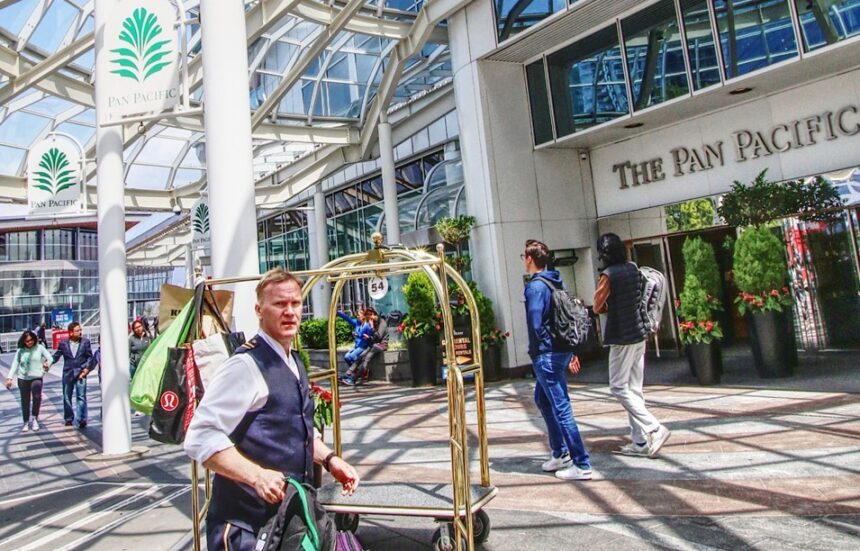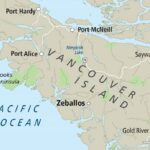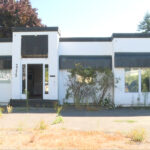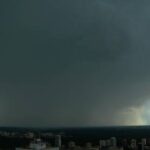In a development that surprises few tourism industry watchers, Vancouver has maintained its position as Canada’s most expensive hotel market, with average daily rates continuing to climb despite economic headwinds affecting other sectors. The latest hospitality industry data reveals Vancouver’s hotel rooms command a significant premium over other major Canadian urban centers, reflecting the city’s enduring appeal to both leisure and business travelers.
Recent figures from hospitality analytics firm STR show Vancouver’s average daily rate (ADR) for hotel accommodations reached $289 in the first quarter of 2024, representing a 3.7% increase compared to the same period last year. This places Vancouver well ahead of Toronto ($262) and Montreal ($231), which ranked second and third respectively.
“Vancouver’s accommodation pricing reflects a perfect storm of high demand, limited supply growth, and the city’s positioning as a gateway to both Asia-Pacific markets and the Canadian Rockies,” explains Katherine Morrison, senior tourism economist at the Canadian Travel Association. “The premium prices we’re seeing aren’t just a pandemic recovery phenomenon—they represent structural market conditions that are likely to persist.”
The city’s hotel occupancy rates have also remained robust at 76%, indicating that the high prices haven’t significantly deterred visitors. This resilience comes despite broader economic challenges facing Canadian consumers, including elevated interest rates and persistent inflation concerns.
Industry insiders point to several factors driving Vancouver’s premium pricing. The city’s geographical constraints limit new hotel development, creating natural supply pressures. Additionally, Vancouver’s status as a year-round destination—offering urban amenities, outdoor recreation, and convention facilities—ensures steady demand across seasons.
“What we’re seeing in Vancouver is the culmination of years of strategic positioning in the luxury and upscale segments,” notes Jonathan Chang, hospitality consultant with Urban Metrics Group. “While other Canadian cities focused on volume growth, Vancouver’s industry deliberately cultivated high-value tourism, particularly targeting international markets willing to pay premium rates.”
The pricing dynamic has implications beyond the tourism sector. Local business advocacy groups have raised concerns that high accommodation costs could impact Vancouver’s competitiveness for conventions and corporate events. The Vancouver Economic Commission estimates that for every 10% increase in hotel rates, there’s approximately a 3% decrease in convention bookings, potentially affecting the broader business ecosystem.
Municipal authorities have taken notice. The City of Vancouver’s Tourism Master Plan includes provisions to encourage mid-market hotel development, aiming to diversify accommodation options while maintaining the city’s reputation for quality. However, industry analysts remain skeptical about how quickly such initiatives might affect market pricing.
“Hotel development cycles are lengthy, often taking 5-7 years from conception to opening,” explains Morrison. “Even with policy incentives, we’re unlikely to see significant supply changes affecting pricing before 2026 at the earliest.”
For travelers, the premium pricing has spawned adaptation strategies. Data from short-term rental platforms indicates a 22% year-over-year increase in Vancouver bookings, suggesting visitors are seeking alternatives to traditional hotels. Similarly, accommodations in neighboring municipalities like Burnaby and Richmond have seen occupancy increases, functioning as overflow for price-sensitive travelers.
As Vancouver prepares for the summer 2024 tourism season, industry forecasts suggest hotel prices may increase by an additional 5-8% during peak periods. This projection raises an important question for both the industry and city planners: at what point does Vancouver’s accommodation pricing reach a threshold that fundamentally alters visitor demographics and potentially damages the city’s reputation as a welcoming destination for travelers of varied economic means?























